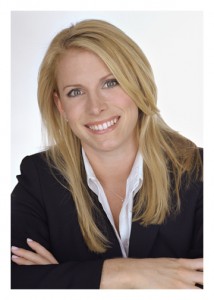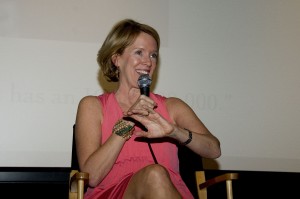by Tracy Chapman
Published March 3, 2011 in Media
Half Truth: Women are stressed.
Whole Truth: Women are stressed, but they aren’t above playing the pity card.
Marketers recoil when women bemoan how busy they are. To many, women’s Martyrdom conjures the annoying and unappealing image of a whiner. (And that’s not the picture of the customer they want to have.) So often, when we show videos of women mired in Martyrdom, marketers get pulled into their quicksand of complaints. Additionally, this Half Truth of Martyrdom puts marketers, especially male ones on the defensive. We can tell this is happening when male clients start citing all the examples of how in their well-balanced families, men do all the heavy lifting.
As a marketer, beware of competing with women’s stress, especially if she’s your customer. As we love to say, ‘Stress is not a contest.’ Even if it were, you’ve got to let your customer win. Women can be incredibly empathetic, but they love to play the pity card, so successful marketers need to base ideas on solving stress rather than compete with it or amplify it. The first step is getting the facts, not just the feelings.
A business that’s plagued with consumers’ stress management is the airline industry, and some brands have navigated this better than others. While both men and women business travelers will trumpet the very true Martyrdom refrain, ‘I’m so exhausted by business travel,’ women, especially those with kids waiting at home, take the indignities of travel personally. Continental Airlines was the first to roll out the red carpet at check-in (in their case, it was blue) so that all Elite members, even the straggling latecomers, could bypass the long line of nonmembers. The blue carpet practically shouted, ‘We know you travel constantly, so here’s one annoyance you can take off your plate.’ They also seem to be the most aggressive about filling any empty business class seat with worthy upgrade candidates, again a life raft for a woman on the edge.
Listen to the Whole Truth behind her Half Truth of Martyrdom to learn how you can redefine your product in her terms and you may find you can reposition your current offering into a Whole Truth winner.
Want to learn more about half and whole truths? This post is straight from our book, What She’s Not Telling You: Why Women Hide the Whole Truth and What Marketers Can Do About It. Read the first chapter online HERE, and grab a copy for yourself from Amazon.
Tags: Airlines, Half Truth, Martyrdom, Stress
share the love:















